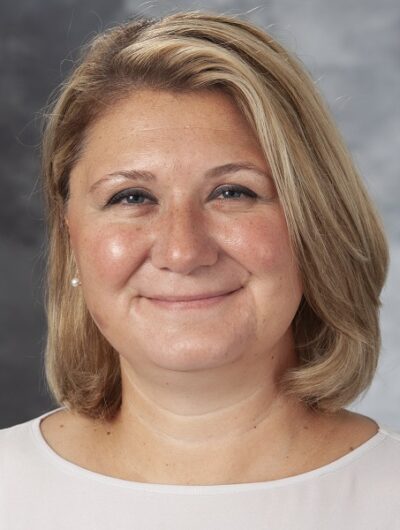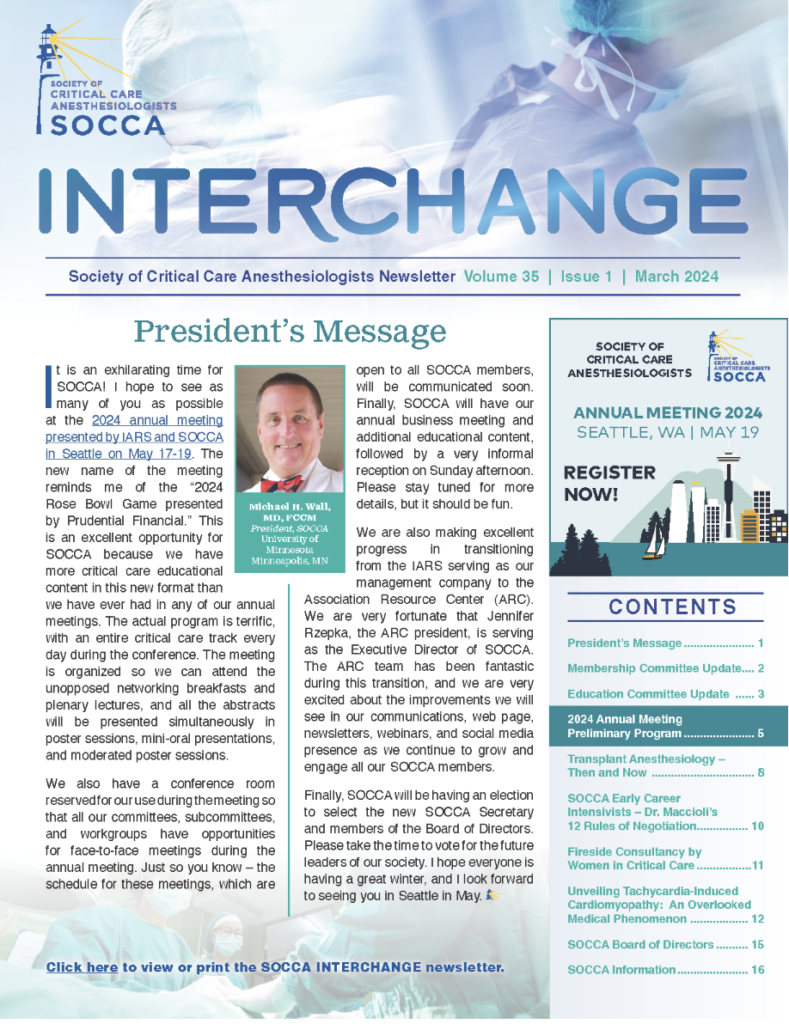Let Awareness Grow: Share Your DEI Stories
We are no longer in a world where—as current or future leaders of our respective medical communities—we can remain impartial to discrimination. Workplace mistreatment, discrimination, and microaggressions can limit access to resources and opportunities for growth. It can fuel persistent disparities experienced by caregivers and patients belonging to marginalized communities. As leaders we can’t not see, not hear or not act on inequalities.
I am personally aware of how difficult it can be to perform a corrective action when one is on the receiving end of micro- and macroaggressions. When I was a junior trainee, I was asked to explain what was wrong with the suicide bombers in the Middle East and how I could explain their behavior; because I was born and raised in a country that predominantly had the same religion. I was only able to respond, “I never met one, have you?” I also did not think of reporting or seeking guidance when I was instructed to use my CME allowance money to hire an accent coach, since a faculty member in a leadership position did not think I would ever be able to pass oral boards with an accent (although he didn’t think I had a communication problem). Twenty years ago, I did not know anything about microaggressions or unconscious biases. I felt a little shame that maybe I did something to provoke these questions and attitudes and that I fell short of “blending in”.
When I started being more proactive in the DEI world, starting from within my own department at the University of Wisconsin-Madison to becoming the Chair of the Diversity, Equity, and Inclusion subcommittee for the Anesthesiology Section of the Society of Critical Care Medicine (SCCM), I met fellow members within the Anesthesiology Society, who shared experiences like mine. These interactions motivated me to put a voice to our collective experience. Our committee created an anonymous questionnaire and asked members for examples of DEI struggles from their careers. As stories piled up with folks talking about racial, gender and religious discrimination, we also received accounts about how some institutions facilitated diversity and promoted inclusion going back more than 20 years. Sharing stories and experiences built strength and unity within our section. We grew stronger by embracing our diversity.
We should continue to share our DEI stories! The power of these stories allows us to engage authentically with our own humanity and provides an entry point into understanding diverse experiences. We should create safe harbors for our peers, trainees, care team partners, and patients to speak up about what they were exposed to, how they were treated, and what made them uncomfortable. We should stop tolerating mistreatment and conscious acts of discrimination and embrace the cultural changes around us. Smart people learn from their own experiences, but wiser people learn from other people’s experiences. Choose to be a wise leader!




































